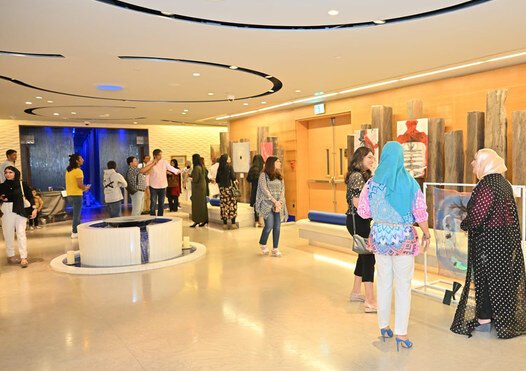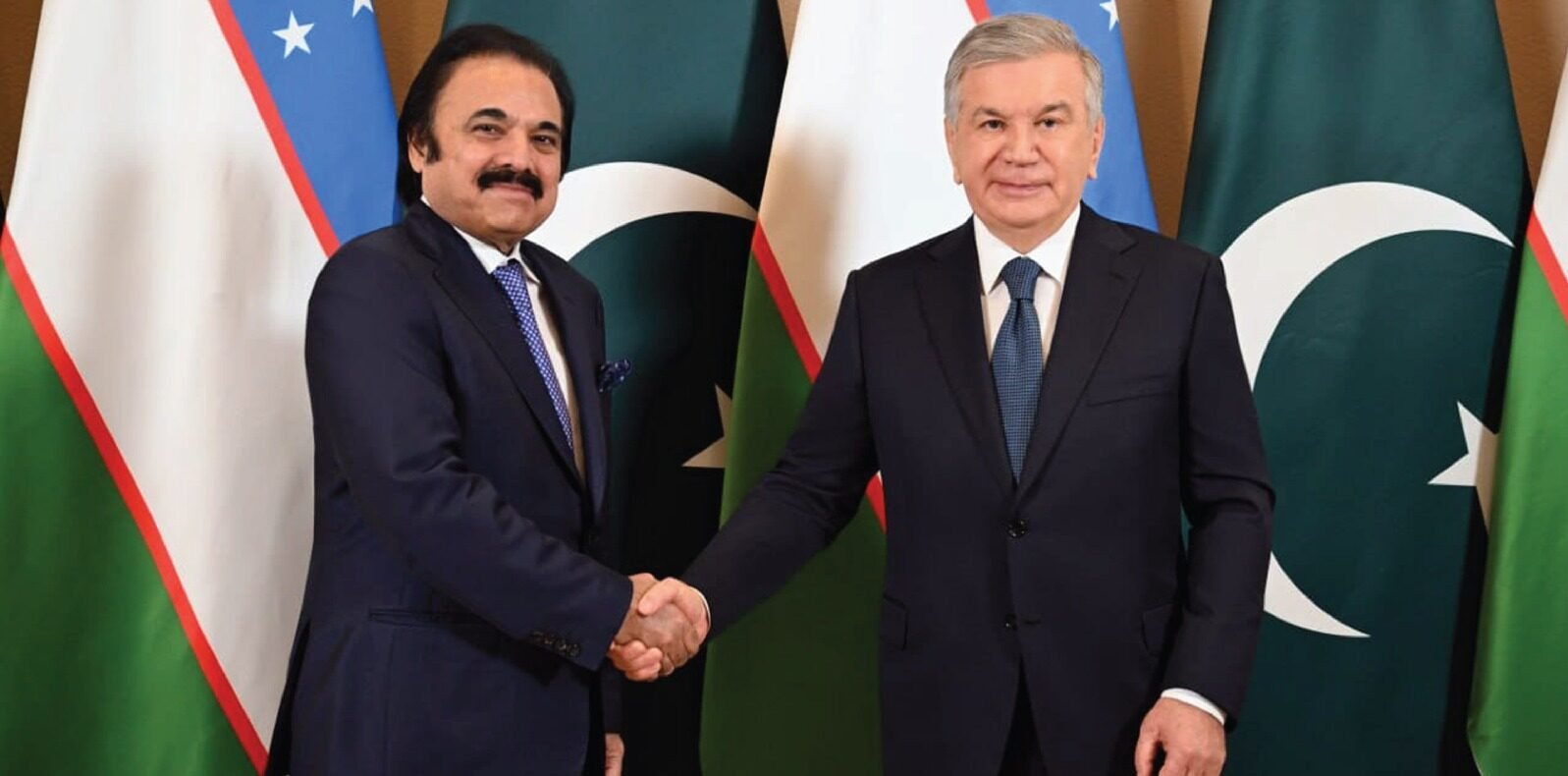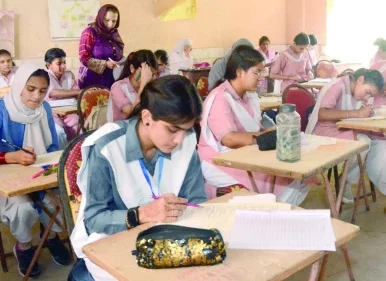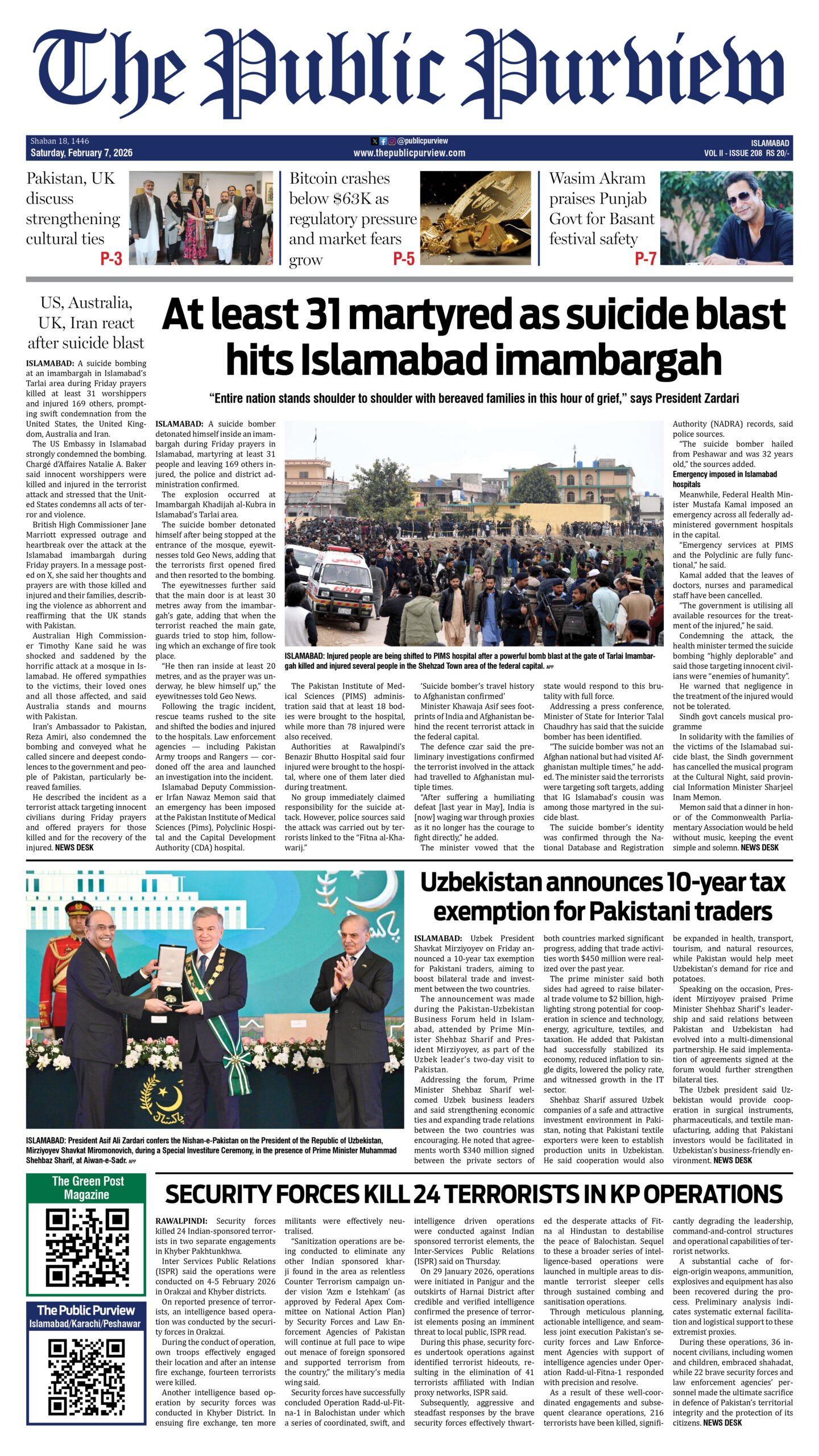Imagine you are sitting in a TV room with friends, cousins, and family members. A documentary is playing, emphasizing the significance of technology. The reporter is passionately arguing that we are living in a rapidly changing global world, with technology as the driving force behind this transformation. He illustrates how innovations ranging from machines to smartphones, computers, the internet, and apps are revolutionizing humanity.
While the documentary unfolds, you find yourself scrolling through your phone, surrounded by others doing the same. Conversations between Dada and Dadi can be faintly heard in the background, yet the room feels strangely disconnected. This is the paradox: technology has brought us closer than ever before, yet somehow, we feel more distant.
One significant omission in the report and documentary is the mention of empathy. While technology drives change, it is empathy that acts as the most powerful catalyst for transformation and sustainable progress. It act as a invisible thread that weaves together all the individuals of society.
Empathy isn’t just about feeling sorry for someone or offering a kind word out of obligation. It’s about stepping into another person’s world, seeing life through their eyes, and truly understanding their joys, fears, and struggles.It’s felt in small, everyday moments like in the simple act of listening, in showing kindness when it’s most needed or in uplifting others and making their life easier from any of the required aspect.
It is an essential for meaningful relationships, effective communication, and fostering compassion in human interactions. In a world driven by competition, empathy reminds us that cooperation and care are what truly push us forward. When we lift each other up, we all move forward together. This isn’t philosophical or idealism but it’s reality. Empathy leads to growth. It strengthens bonds. It creates lasting change.
The beauty of empathy lies in its quiet power. Power to bond the individuals, societies, communities and countries. It moves like ripples in a pond, spreading far beyond the initial act. Observe the business world around you. Businesses that invest in empathy don’t just succeed but they create positive ripples. And then they spread far beyond their walls. Governments that prioritize empathy make decisions that improve lives, build equity, and foster peace. Empathy isn’t just great quality but it’s a transformative force that impacts every facet of our lives.
It is not just an abstract idea. It’s found in real actions that shape the course of history. Consider Nelson Mandela. His commitment to reconciliation over revenge didn’t just heal a divided nation. However it showed the world that empathy can rebuild what hatred tears down. His choice to lead with understanding was both a moral and strategic decision that continues to inspire millions.
Empathy has the power to break barriers, whether it’s in the workplace, in our homes, or on the world stage. Progressive nations are built on the understanding that collaboration and inclusion lead to innovation. In the workplace, leaders who empathize with their employees foster environments of trust and openness. These environments don’t just boost productivity but they also spark creativity, build teams, and drive forward-thinking solutions.
But empathy isn’t always easy. It asks us to confront our biases. To shed preconceived notions and to allow ourselves to be vulnerable. It challenges us to step outside of our comfort zones and see the world through another’s eyes. Yet, it is precisely in this challenge that we find our true strength. Empathy pushes us to grow as individuals and as a collective society. Every step taken toward understanding brings us closer to a more just and compassionate world.
History teaches us that true progress doesn’t come from dominance or force. It comes from the ability to understand others’ struggles and address their needs. From the abolition of slavery to the civil rights movement, empathy has been the driving force behind the greatest social transformations. The world’s most influential leaders like Martin Luther King Jr.Gandhi, and Mandela etc understood this. They recognized that justice, peace, and freedom are rooted in empathy.
The lessons of empathy are found in the teachings of many great traditions. In Islam, Prophet Muhammad’s (PBUH) life is a testament to empathy. His actions, his kindness, and his message of peace laid the foundation for social harmony. Charity, one of Islam’s pillars, is rooted in the belief that helping others strengthens the entire community. This principle of compassion is what unites societies and fosters resilience in the face of hardship.
Empathy is equally essential in the world of politics and global governance. Often, political decisions are driven by self-interest, neglecting the pain and suffering of others. But when empathy takes the lead, governments can make choices that transcend power dynamics. They can tackle pressing global challenges like poverty, inequality, conflict, not as isolated issues, but as interconnected human struggles. Empathy in leadership fosters diplomacy, bridges divides, and paves the way for peace.
In today’s hyperconnected world, empathy is more accessible than ever before. Social media, though often criticized, provides us with windows into the lives of those experiencing hardships. These glimpses have the power to ignite compassion and action. The digital age allows us to connect, understand, and support one another in ways never before possible.
We stand at a crossroads. A world that embraces empathy is one where everyone has the chance to thrive. It’s a world where innovation doesn’t leave people behind, where leaders listen with open hearts, and where communities rise together. When we choose empathy, we unlock the full potential of humanity. It’s a quiet strength that heals, unites, and transforms our world into one where compassion and progress go hand in hand.Empathy’s true strength lies in its quiet, unassuming nature. Unlike bold technological breakthroughs, it works subtly. It is the trait that motivates individuals to step into others’ shoes so they act with compassion. As a result they strive to improve the lives of others.
In our competitive world, empathy fosters collective progress. When individuals prioritize uplifting those around them, bonds strengthen, and mutual growth thrives. Businesses that adopt empathy flourish by creating positive societal impacts, while governments and institutions that prioritize equity foster societies that are more just, innovative, resilient, and peaceful, transformative and progressive. It’s a world where dada dadi voices are listened carefully with off screens and the gadgets.
Empathy: The Quiet Powerful Force That Can Transform the World

Leave a comment





 Today's E-Paper
Today's E-Paper